Pros And Cons Of Well Water
Here we share our pros and cons of well water including how it works, reasons for and against, cost, where it comes from, and if its safe to drink.
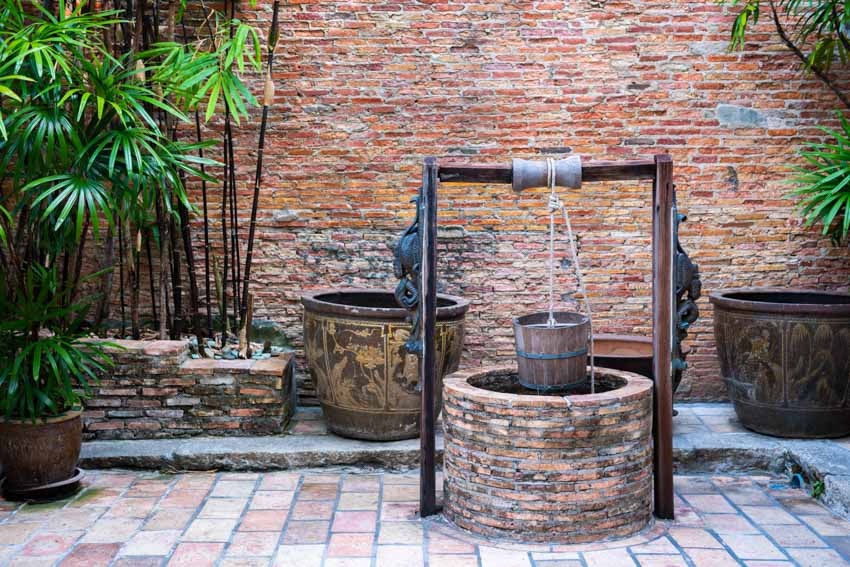 There are some basic necessities that you want to make sure you have in your home, like access to running water. You actually have some options here depending on whether you want to opt for well water or city water.
There are some basic necessities that you want to make sure you have in your home, like access to running water. You actually have some options here depending on whether you want to opt for well water or city water.
Like many things, well water comes with plenty of its own advantage – plus a few disadvantages that you’ll want to consider.
To help you make an informed choice, we’re going to take a look at the pros, cons, and everything else you need to know about using well water in your home. [toc]
How Does Well Water Work?
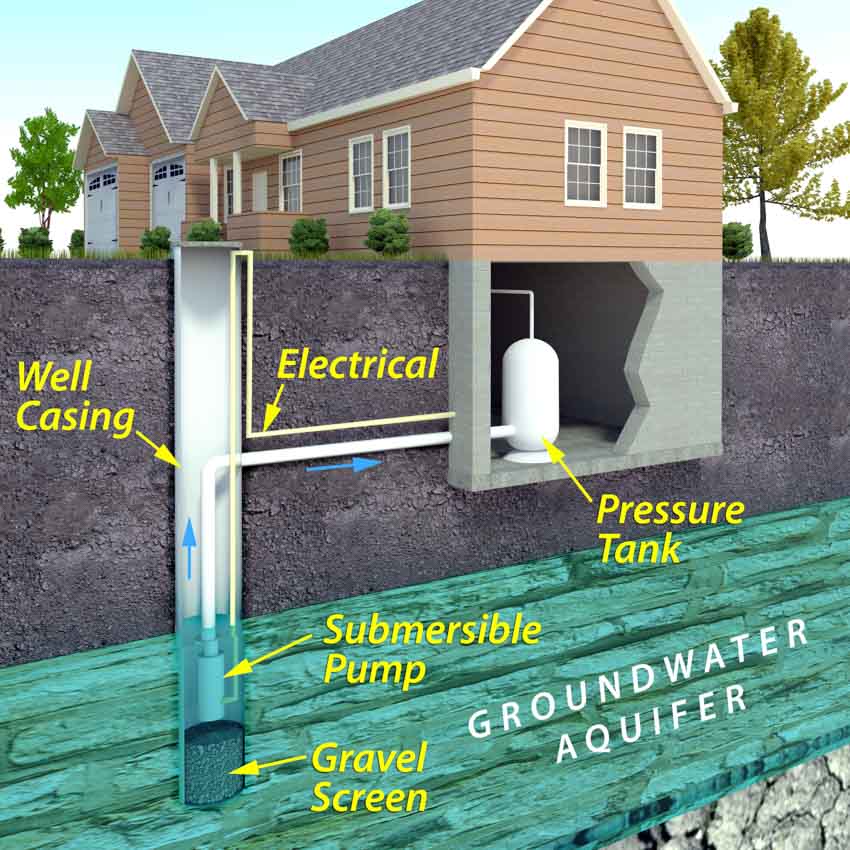 Well water works by accessing water deep in the ground which is then sent into your home thanks to the electric-powered pump in your well. All of this is thanks to the water that aquifers offer – a concept we’ll look at more deeply in just a little bit after discussing the different pros and cons of well water.
Well water works by accessing water deep in the ground which is then sent into your home thanks to the electric-powered pump in your well. All of this is thanks to the water that aquifers offer – a concept we’ll look at more deeply in just a little bit after discussing the different pros and cons of well water.
Well Water Pros
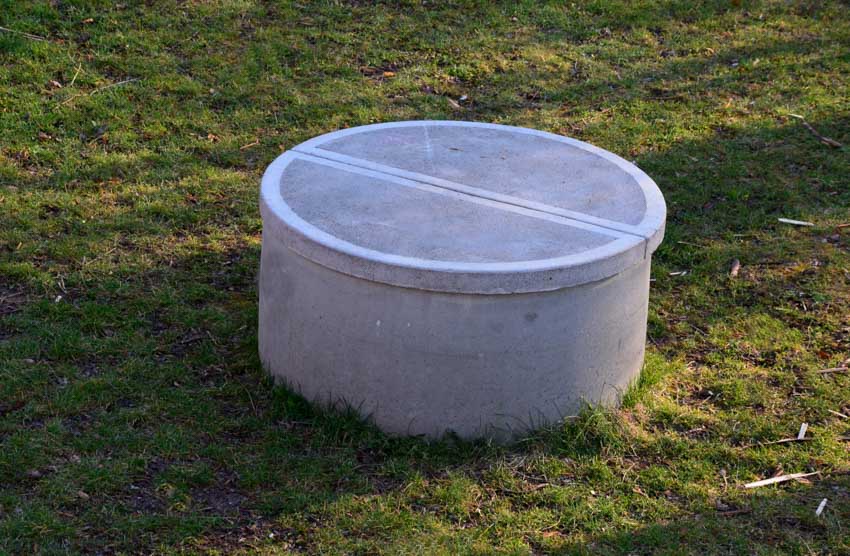
Lower water costs – One of the most talked-about benefits of well water is that it often comes with a lower ongoing cost than using city water in your home. Later on, we’ll break down some of the costs associated with having and maintaining well water in your home.
Water higher in minerals – Another benefit that many well water users cite is a fresher source of water that is high in nutrients and minerals since it isn’t as highly chemically processed as city water, for example.
Independent water supply – One other thing that many well water users enjoy is that their water isn’t connected to the main city supply.
This means that if something were to happen like a natural disaster and that water supply is disrupted, your well water wouldn’t fail by virtue of the city water failing since you aren’t having water distributed to your home from an outside source.
Well Water Cons
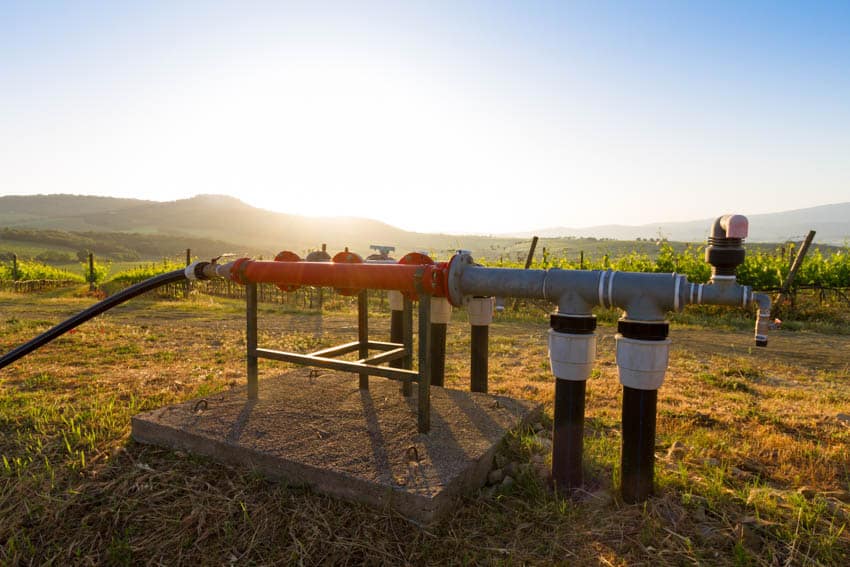
That means while your well might be safe in certain situations that distributed city water isn’t, you won’t be able to access it without working electricity.
Water quality may be a problem – Earlier, we also took a look at the fact that well water has a lot of minerals and nutrients because it isn’t as highly processed as other options. However, this concept definitely comes with its downsides.
Primarily, it’s important to remember the quality of water that you’re getting and if you’re getting water at all.
Maintenance is your responsibility – Since your well is on private property, you can expect responsibility for all of the repairs, maintenance, or dealing with contamination over the lifetime of your well. In this regard, going for appropriate types of water softeners can provide some help.
Water Well Cost
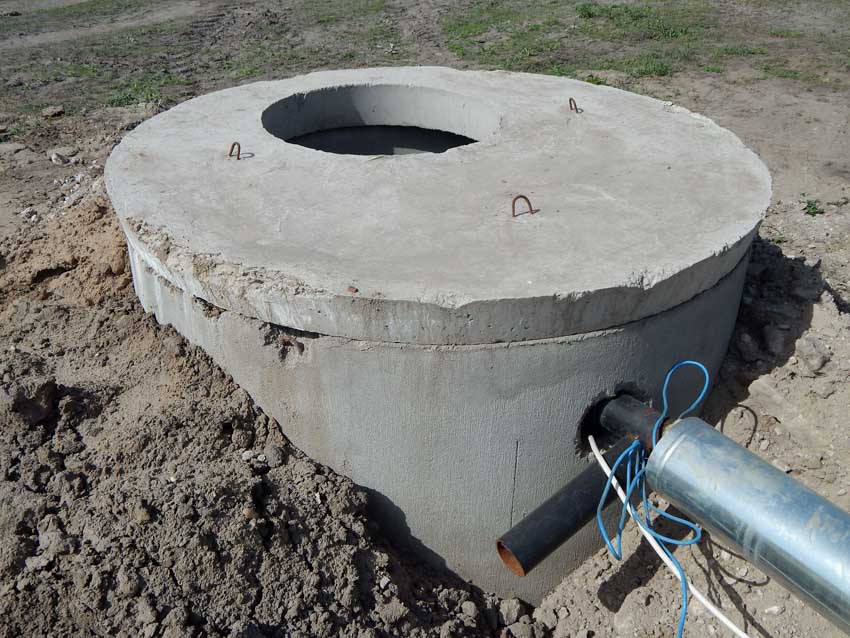
The first expense you’ll have to account for is digging the well on your lawn, or any open area near the different parts of a house exterior. You can save money here by opting for a more shallow well when it’s appropriate.
Once that’s done, the well itself is installed including a variety of pieces of equipment from casings to pumps to purification systems and more.
Where Does Well Water Come From?
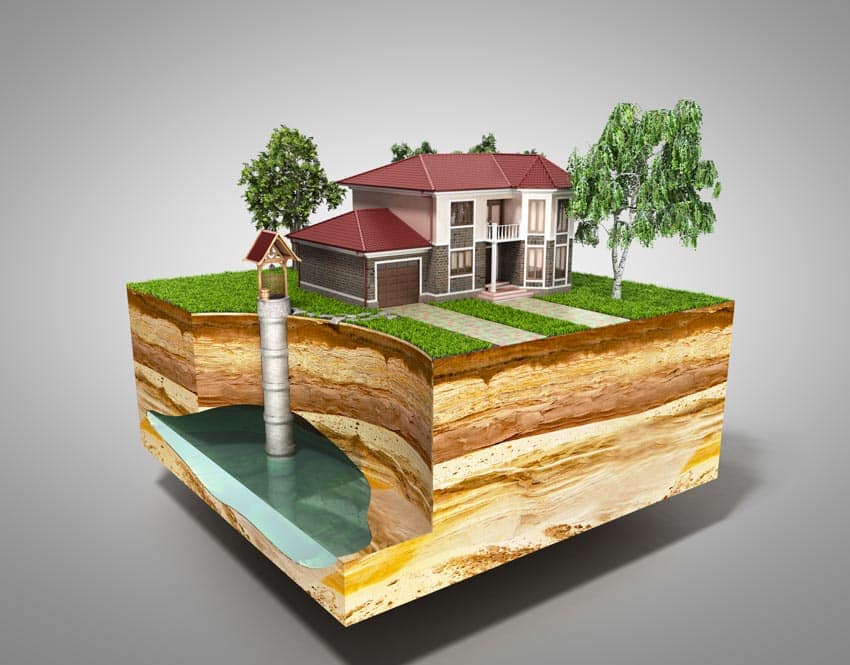
The secret behind your well water is actually aquifers. If you haven’t heard this term, it refers to water that runs through the layers of soil and rock sitting below the ground. That’s why you have to drill down to access them.
Since aquifers tend to drain incredibly slowly, this is also a reliable source of water. Even if you live somewhere and go for a few weeks without any significant rainfall, your well should hold up for quite a while.
Is Well Water Safe To Drink?
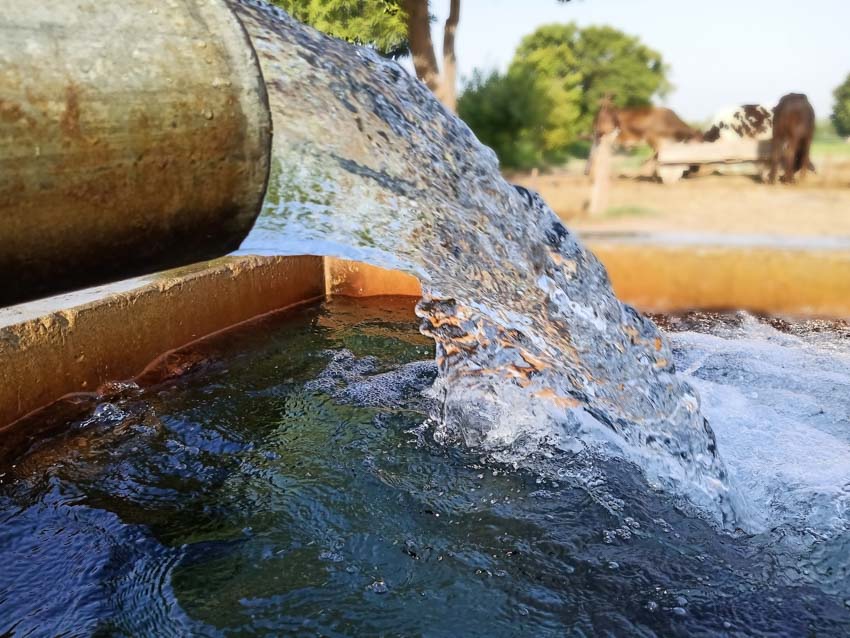
The good news is that with regular maintenance and as long as your well is in working order, it should provide you with clean, safe water for anything you might need – including a refreshing drink!
However, to make sure that this is the case, you’ll want to regularly test the water quality in your well to make sure if there are signs of hard water, or if it’s safe, clean, and that it has remained uncontaminated as time goes on.
Is Well Water Better Than City Water?
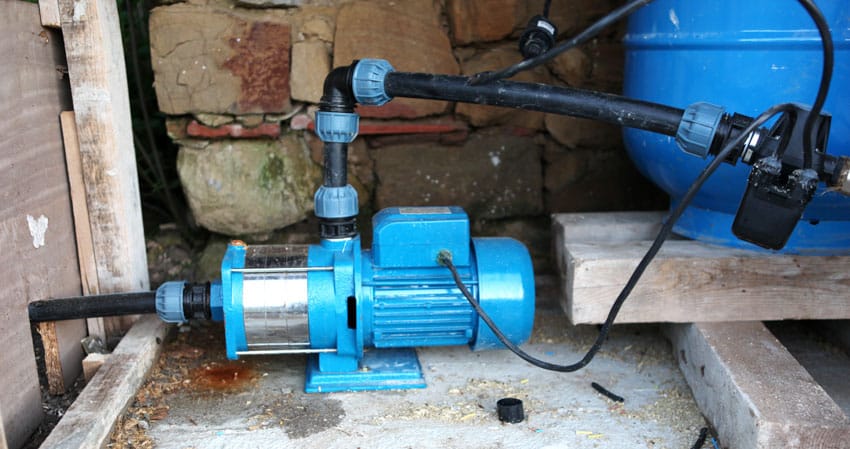
On one hand, well water tends to have a lower cost of water than city water, although you are responsible for the maintenance of the well.
In addition, many people share that they prefer well water for its freshness and taste when their wells are running at their peaks.
Some homeowners also appreciate the independence of well water since they aren’t necessarily dependent on the city’s water supply should something happen.
Do You Pay For Well Water?
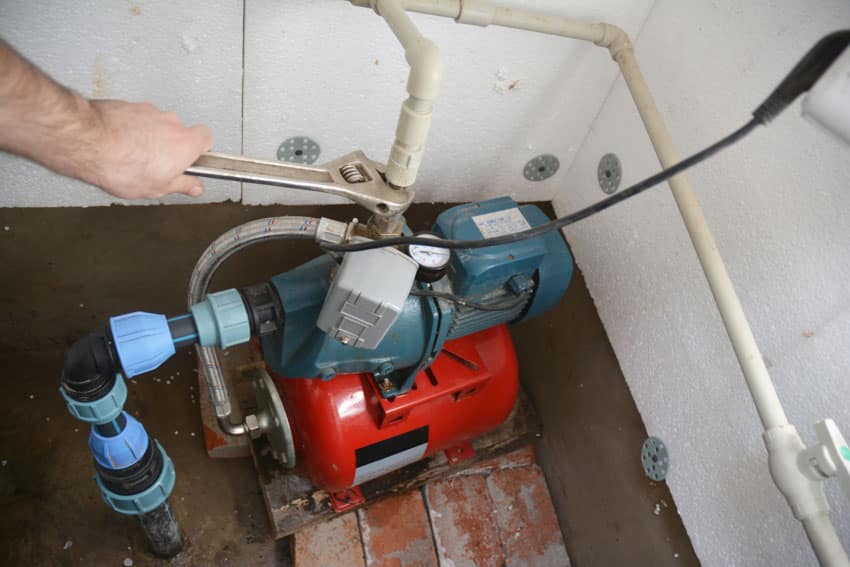
Conversely, you will want to consider that since well water is private, you are responsible for maintenance and upkeep.
As such, you are responsible for these costs but you do get to save on monthly fees for water. All in all, you’re likely to save money in using a well over time compared to paying for access to city water.
See more related content in our article about what does a water softener do on this page.

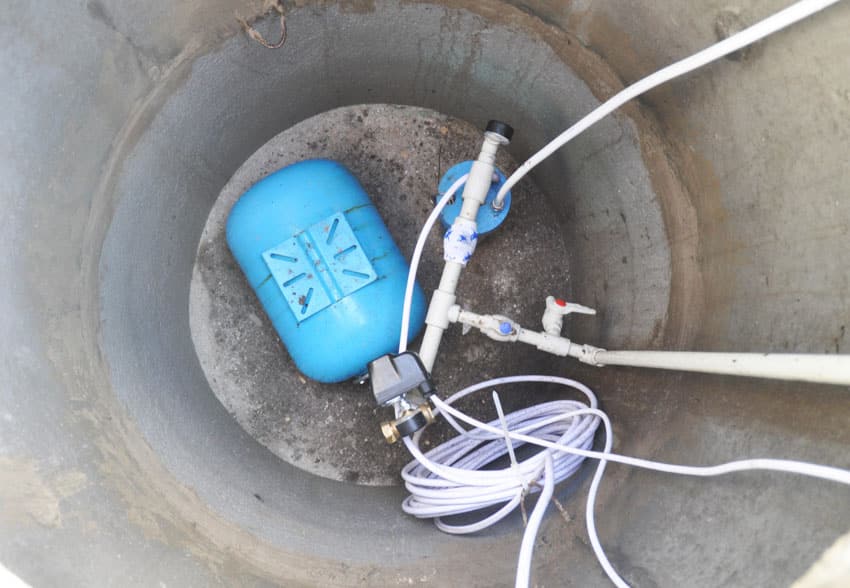






It is great to know that water from a well has high levels of nutrients and minerals. I want my family to be as healthy as possible by getting all the nutrients we need. I will have to look into having a water well drilled so we can have an independent source of fresh, healthy water on our property.